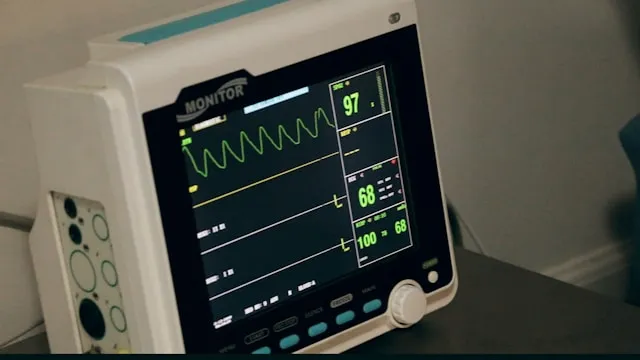Diabetes and heart diseases have a strong connection. Statistics show that adults are more likely to develop heart diseases if they have diabetes; knowing that the American Heart Surgery Association considers diabetes as one of the major factors responsible for cardiovascular diseases. The reason for this is that people with diabetes are very likely to have high blood pressure, and are more likely to be obese (because of slow metabolism). This may also mean a lack of physical activity for some individuals (which is one of the main reasons behind insulin resistance) and high cholesterol for others.
The sad truth of today is that both, serious heart diseases and diabetes are extremely common among Indians, which means that many heart patients across the country are also diabetic. This complicates the treatment of heart ailments, especially heart surgery, in such people.
The most common heart procedure most diabetics undergo is CABG (coronary artery bypass grafting). Research also states that diabetics face more problems post-heart surgeries than non-diabetics.
Type of Diabetes More Prone to Heart Disease
There are multiple types of diabetes. Out of those, type 2 diabetes is more prone to heart disease. Type 2 diabetes can lead to various diseases; from clogged arteries to heart failure. To prevent oneself such disorders, one must learn about the heart diseases associated with diabetes. Coronary Heart Disease: In this disease, the arteries of the patient, which carry blood from the heart, have a buildup of plaque. Plaque is a fatty, waxy substance that makes the arteries stiff. As more of it collects, the flow of blood becomes difficult and leads to the clotting of the blood. This may increase the following diseases:- Arrhythmia: In this condition, the heart rates become unbalanced. The heart may skip a heartbeat, increase the beat rate, or flutter. This may cause a sudden cardiac arrest.
- Angina: Angina is a condition in which one feels pain and discomfort in the chest. This may be felt in the arms, back or jaw. This could be the result of a particular activity or strong emotions.
- Heart Attack: This is caused by clots that cut off the blood flow in the arteries. The symptoms of a heart attack include pain and discomfort in the chest area.
Pre-Surgery Care for Diabetic Patients
Also, Read Heart Surgery: Which Surgery do I Need? Do you have Diabetes? Here are some tips to eliminate complications and risks during or after the surgery. You can put a cap on these risk factors by controlling your diabetes. If the blood glucose level is not managed, it may develop the risk of infection. In emergency cases, there is no time to get your blood glucose under control. But, if your surgery is planned, you have time to manage your blood glucose by doing the following:- Before surgery, you should keep a check on your insulin level, to keep it under control.
- Your cardiologist may recommend you visit your diabetic specialist to help you get on track.
- Do not miss your medication for diabetes.
- Consume a healthy, well-balanced diet to control the insulin level. You should also exercise daily and try to reduce some weight.
Post-Surgery Care for Diabetic Patients
Keeping an eye on your blood sugar level after the surgery is extremely important. You should monitor it constantly to eliminate long-term complications. If your blood sugar is not controlled, the risk of your condition getting worse may increase. Work with your specialist to manage your blood sugar level. Take all the medications timely, provided to you by your surgeon. Ignorance may worsen your condition. If you want to know about heart surgery then you go in Bellary Jindal [embed]https://www.youtube.com/watch?v=1XK-Diaq-bU[/embed]Dr.V Hariharan, a cardiologist from Indraprastha Apollo Hospital, talks about Heart Surgery in Diabetic Patients & explains how to maintain a Healthy Heart.
Complications
Some common complications associated with Heart surgeries of diabetic patients include:- Patients requiring Insulin are more likely to have a kidney failure
- Diabetic patients need more medication before and after post-surgery
- Higher Chances of Heart Attacks and Strokes
- Increased risk for Postoperative wounds, chest infection, and urine infection
- Tuberculosis risk in elderly patients
- Improper Diabetes management due to surgery
- Prolonged intensive care after surgery
- Problems regarding the choice of anesthetic

Reviewed by







